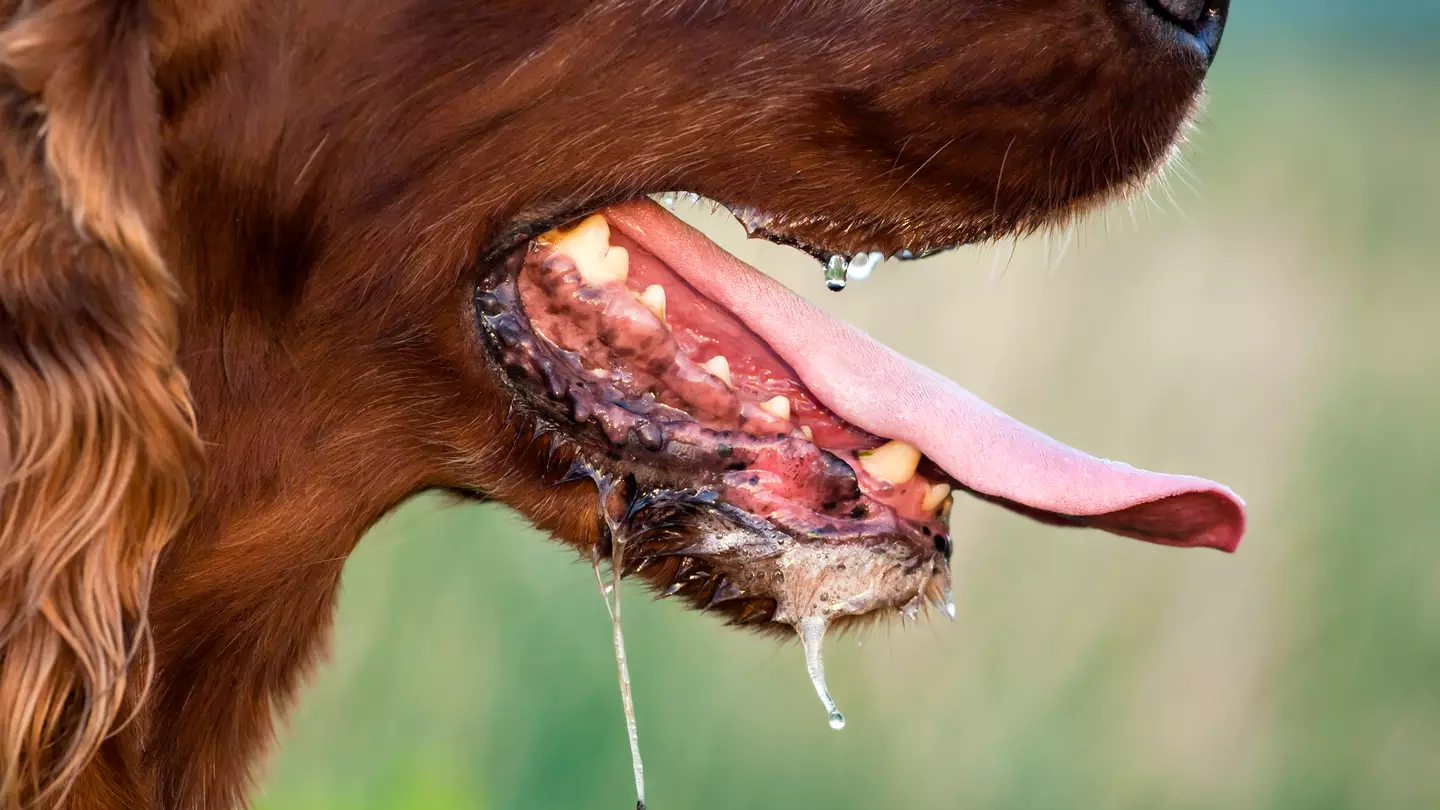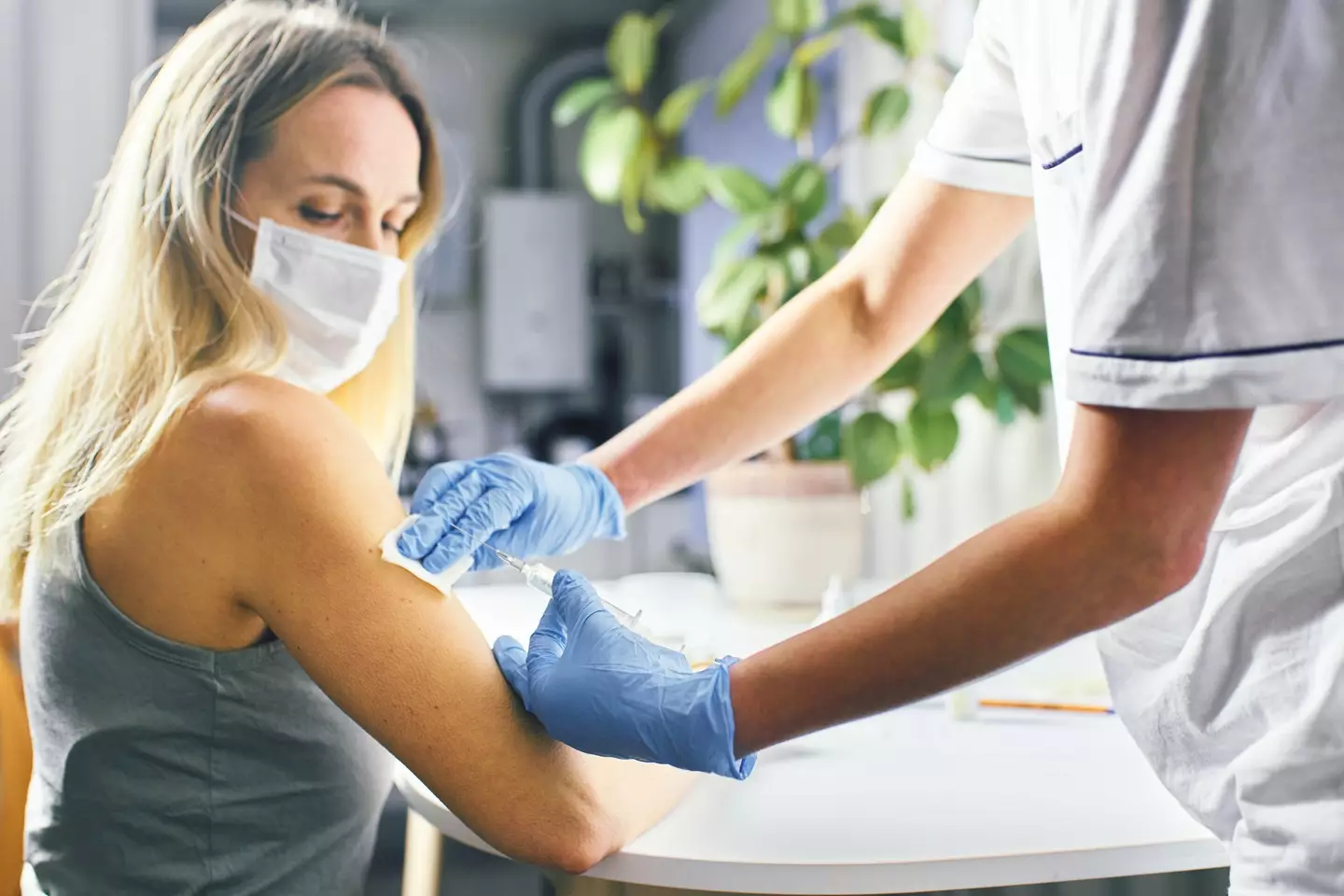
A doctor has revealed the steps you need to take to protect yourself against rabies if you’re jetting off abroad this summer.
It comes after the tragic news this week that a British woman died after she was ‘scratched’ by a puppy in Morocco.
Grandmother Yvonne Ford, 59, from Barnsley, South Yorkshire, had ‘very slight’ contact with the animal in February, but didn’t develop symptoms until two weeks ago.
Her family wrote in a statement: "Two weeks ago she became ill, starting with a headache and resulted in her losing her ability to walk, talk, sleep, swallow."
Advert
Urging others to be wary, they added: "We never thought something like this could happen to someone we love. Please take animal bites seriously, vaccinate your pets, and educate those around you."
.jpg)
Rabies is a rare but serious infection that's usually caught from a bite or scratch of an infected animal.
The NHS website advises that It's almost always fatal once symptoms appear, but vaccination and early treatment can prevent it.
In light of the recent tragedy, ITV This Morning’s Dr Zoe Williams explained how you can protect yourself from rabies and what to do if you do come into contact with an animal in a country where you’re at risk.
What is rabies and how do you catch it?
The doctor began by explaining that rabies is a viral infection that affects the central nervous system - the brain and spinal cord.
She told viewers: “It’s got a long incubation period like we just said. Typically from being bitten or scratched or even licked.
“If you’ve got a wound, your skin is broken and you’re licked, it travels in the salvia or even licking mucus membrane - so your mouth, your eyes.”
Dr Zoe warned that rabies, which is almost exclusively transmitted from animals, typically goes unnoticed for two to three months before symptoms start.
She added that shockingly, it can even up take up to a whole year - but once it actually reaches your central nervous system and symptoms start, ‘it’s too late’.
What to do if you're going on holiday in a county where you're at risk of rabies
The doctor said: “It’s really important that people are aware - before you go on holiday, check which countries you’re at risk of rabies
“For people who are gonna be in those countries for a prolonged period of time, if you’re gonna be working with animals, if you’re gonna be going running, cycling, where you’re at increased risk of coming into contact with an animal, then it is worth getting what we consider pre-prophylaxis.”
Pre-prophylaxis is a series of rabies vaccine doses that are given before exposure to the virus, reduces the severity of a potential infection by preparing the body's immune system.
What to do if you're bitten or scratched by an animal in a country with a high risk of rabies

Dr Zoe stressed that the most important thing to do, whether you got the prior doses or not, is to seek immediate medical attention if you do get scratched.
She urged: “The main thing, even if you have had [pre-prophylaxis], if you are scratched or bitten by an animal in one of these countries, then you must seek immediate attention.
“Wash it with soap and water straight away, wash the wound and seek immediate attention.
"Even if you’re flying home the next day, you must seek immediate attention in the country where you are and start a course of post-exposure prophylaxis.”
Dr Zoe explained: “So that’s a series of injections. If you do that treatment, you’re almost definitely gonna be OK.”
She stressed that you ‘can’t wait to see symptoms develop’, you’ve simply got to ‘assume the worst and get treated’.